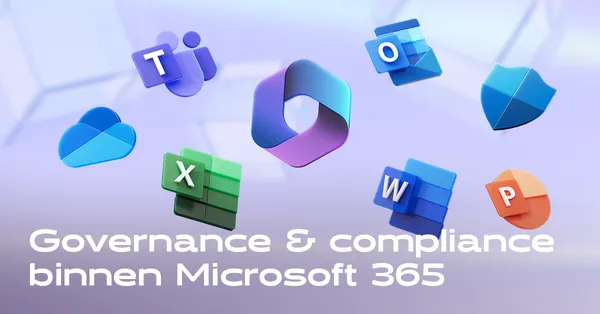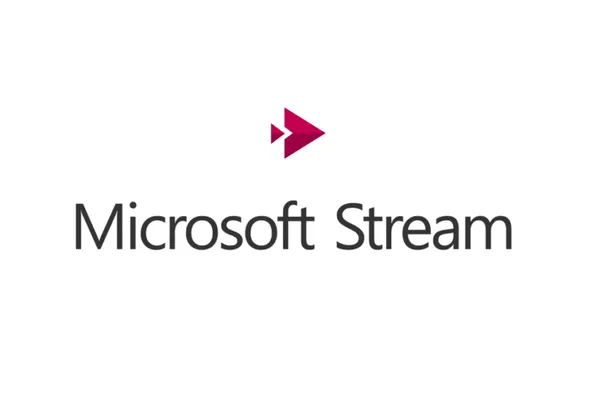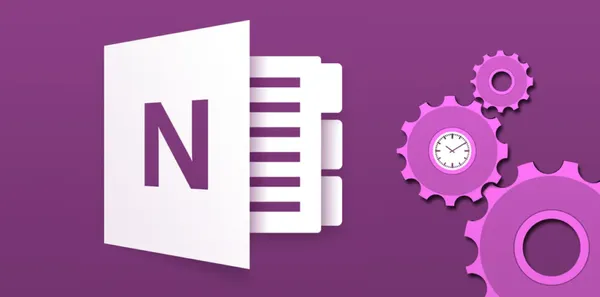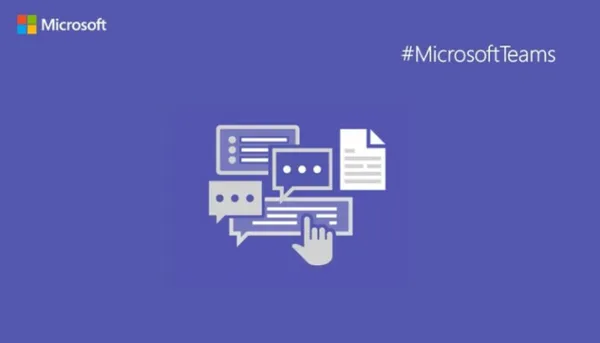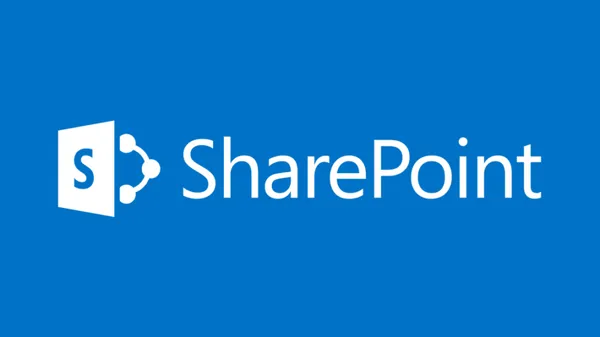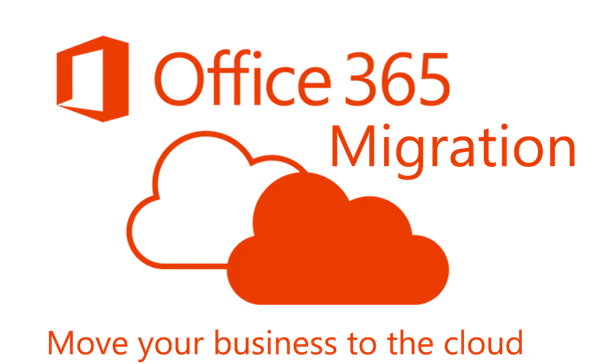
Knowledge base
August 09, 2022
Why outsource Office 365 migration and management?
Are you currently in an on-premises environment and considering a move to the cloud? Organizations are making the decision to switch to Office 365 every day, is it time for you to make this switch too? In most cases, the answer is probably yes, unless legal or other requirements make the move to the cloud too challenging. By making this decision, you simplify management of your infrastructure, reduce costs and significantly improve mobile access to information. Plus, you have continuous access to the latest features available from Office 365 instead of waiting months for the next service pack to be released.
With your decision to move to Office 365, you are probably thinking about what content needs to be migrated (and not migrated!), Followed by the need to look for a technology company to support your content migration. In most cases, companies will focus on finding companies that specialize in Office 365 migrations. At first glance, this may seem like a good approach. However, your migration to Office 365 is only the beginning, not the end, of your digital transformation. Finding the right partner to guide you through this journey is very important.
The digital world, including Microsoft Office 365, is very different from the more structured “service pack” mentality. With features and updates happening almost daily, it requires a different mindset and focus, not only to manage properly, but more importantly, to take full advantage of all Office 365 capabilities. The best way to do this is to select a managed services partner that has experience performing content migrations and provides ongoing, strategic support and management of your Office 365 tenant. This ensures that your organization efficiently and productively uses and utilizes all the new features and functions offered.
There are many advantages to selecting this type of technology partner. First, it starts with a discovery of your business to develop your roadmap for digital transformation. This ensures that you are taking into account all the features Office 365 has to offer and tailoring them to the specific needs of your organization. This is usually followed by preparing your tenant and migrating content (e.g., data, email). This can include content from many different sources for consolidation in Office 365. Depending on the level of change in the organization and staff knowledge, this includes change management and training activities. As you plan and implement your migration, you should also consider outsourcing your primary Office 365 help desk support to address common, day-to-day user issues. This has several important advantages:
- Keeps valuable internal IT resources free to focus on your business technology activities;
- Eliminates the need to hire or retrain staff (and keep them abreast of ongoing Office 365 updates and changes that happen “daily”);
- Ensures that users can solve problems quickly, minimizing potential consequences.
In addition to managing your Office 365 help desk, your managed services provider can and should be your primary escalation point in case a major issue arises and will interface with Microsoft if necessary. Most managed service providers have the knowledge and experience to respond effectively and have probably seen similar problems before.
Given the volume of continuous Office 365 updates, your managed services provider provides ongoing strategic guidance, best use and acceptance support to ensure you maximize the benefits of your Office 365 investment. This includes consideration of services that are not part of Office 365, such as the Enterprise Mobility and Security Suite (EMS) and Dynamics 365 (xRM). And having your licenses supported through a Microsoft managed service provider gives you the ability to purchase, manage and pay for licenses monthly at the annual subscription price. This means you pay only for the licenses you need.
As you consider your move to Office 365, here are some things to think about:
- Office 365 provides a complete, managed infrastructure for email, content, instant messages, meetings and modern collaboration tools
- Most license plans include Office, with desktop and online versions of Outlook, Word, Excel and PowerPoint
- Features and capabilities are constantly being updated, make sure you have a plan to manage
- Outsourcing your technology simplifies management and support of your infrastructure
- Office 365 offers many options for collaboration , both internal and external, to meet your needs
- Platform offers a fully mobile experience
- Additional capabilities expand your investment, such as Enterprise Mobility and Security, Dynamics 365, Advanced Threat Protection, etc.
Don’t sell yourself short or stifle the benefits your organization can achieve. Rolling out your digital workplace strategy with a managed service partner is a cost-effective way to get more benefits from your digital investments in both the short and long term. You also have a trusted advisor you can continue to call on to ensure your digital strategy keeps pace with your business, as well as daily feature updates and new opportunities.
Are you looking for a managed services provider to guide your Office 365 strategy or help desk support? Contact us online or call us at +31(85)0530301.
Source: withum
Want to know more?
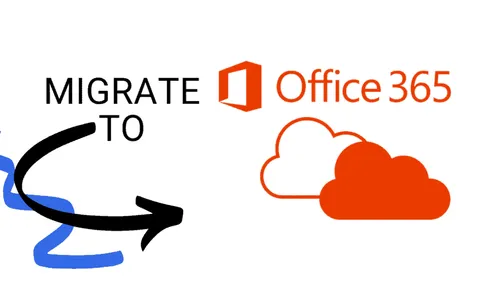
Related
blogs
Tech Updates: Microsoft 365, Azure, Cybersecurity & AI – Wekelijks in je Mailbox.


